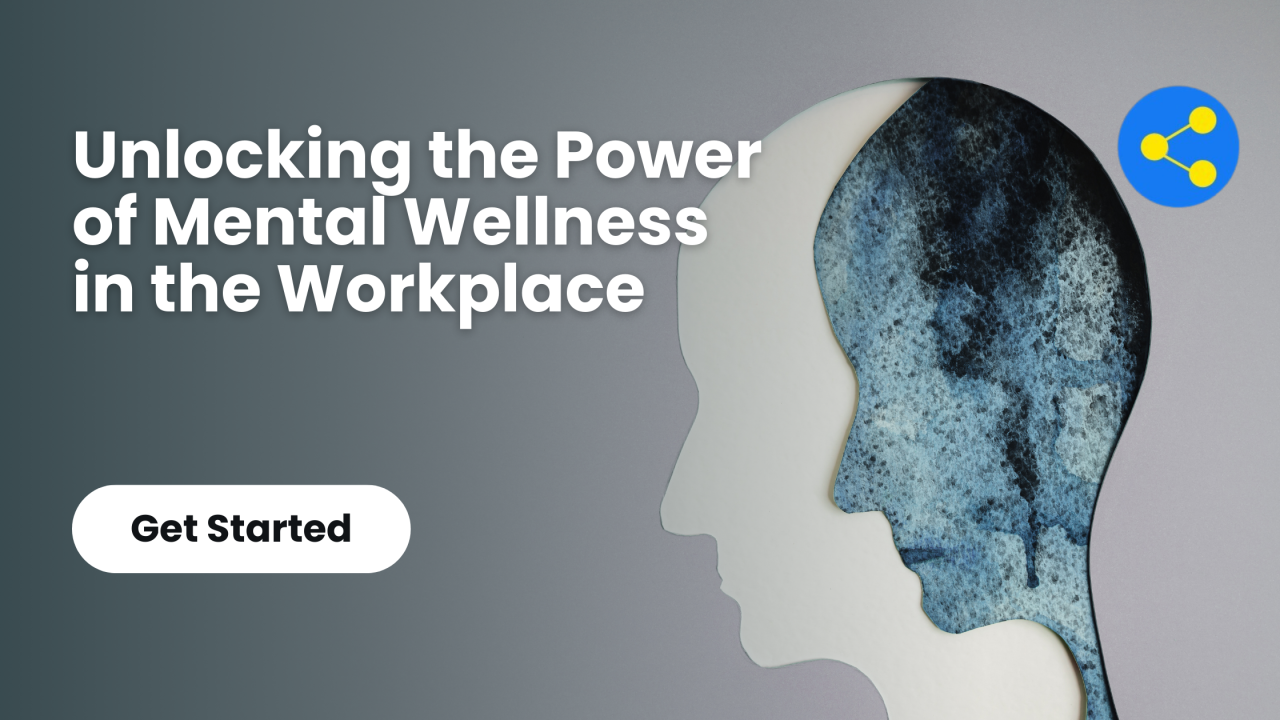Emotional wellness plays a crucial role in our overall well-being. It refers to our ability to understand and manage our emotions effectively, leading to a state of positive mental health. When we nurture our emotional well-being, we experience greater happiness, resilience, and satisfaction in life. In this article, we will explore the importance of emotional wellness and provide practical tips on how to enhance it.
The Importance of Emotional Wellness
Emotional wellness impacts every aspect of our lives, influencing how we think, feel, and interact with others. When we cultivate emotional wellness, we develop a range of benefits, including:
- Improved stress management: Emotional wellness equips us with the tools and strategies needed to handle stress in a healthy and productive manner.
- Enhanced relationships: When we are emotionally well, we can form deeper connections with others and maintain healthier relationships.
- Increased self-awareness: Emotional wellness allows us to better understand our own thoughts, feelings, and behaviors, leading to personal growth and self-improvement.
- Greater overall happiness: By taking care of our emotions, we can experience a higher level of overall life satisfaction and well-being.
Tips for Enhancing Emotional Wellness
Now that we understand the importance of emotional wellness, let's explore some practical tips for nurturing and enhancing it:
- Practice self-care: Engage in activities that help you relax and recharge. This can include exercise, meditation, journaling, or pursuing hobbies. Prioritizing self-care allows you to better manage stress and maintain emotional balance.
- Build a support system: Cultivate a network of supportive and caring individuals who you can rely on during challenging times. A strong support system can provide encouragement, guidance, and a listening ear when needed.
- Manage stress effectively: Identify and implement healthy stress management techniques that work for you. This may involve deep breathing exercises, time management, or seeking professional help if necessary.
- Practice mindfulness: Learn to live in the present moment and be aware of your thoughts and emotions without judgment. Mindfulness practices, such as meditation or yoga, can help enhance emotional well-being.
- Develop healthy coping mechanisms: Instead of turning to unhealthy habits or substances to cope with negative emotions, focus on developing positive coping strategies. This can include talking to a trusted friend, engaging in creative outlets, or seeking professional support.
- Seek help when needed: Don't hesitate to reach out to a mental health professional if you are struggling with your emotional well-being. Seeking help is a sign of strength and can provide you with the guidance and support needed to overcome challenges.

Credit: www.linkedin.com
Conclusion
Emotional wellness is essential for leading a fulfilling and balanced life. By taking proactive steps to enhance our emotional well-being, we can experience improved stress management, stronger relationships, and overall happiness. Remember, investing in your emotional wellness is an investment in your overall quality of life.








